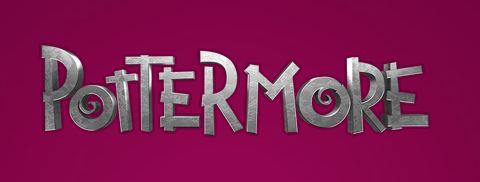
After a week of heavy speculation, JK Rowling has revealed that she is to self-publish the e-books to her mind-bogglingly successful Harry Potter series through her newly-announced proprietary platform, Pottermore.
While self-publishing in itself is not new — Stephen King has been distributing self-published chapters since 2000 and others, including Amanda Hocking, J.A. Konrath and more recently John Locke have sold millions of copies through the Kindle store — Rowling is without a doubt the single most significant author to have turned their back on established publishing houses at a time when the industry is in limbo and the tools are available to create meaningful and innovative digital publications untethered from a small stranglehold of publishers whose businesses are built upon the printed page.
I need to play devil’s advocate for a minute, because weird as it may seem, I actually feel bad for her publishers (Bloomsbury and Scholastic). The article goes on:
Rowling stands to make significantly more money by selling her e-books directly than if she sold them through her publisher. Authors generally get anywhere between a few and 10 percent of royalties from printed book sales and anywhere between 20 and 40 percent on e-books. If they self publish through the likes of Amazon, they can get as much as 70 percent of revenues (with the remainder going to the e-book store). Selling direct to fans also means that Rowling will benefit from demographic data and contact details traditionally safeguarded by the publisher or retailer.
This is true, but JK Rowling does not need the money. She is worth a billion dollars. I can’t of course know all of her motivations, but her traditional publisher did make the Harry Potter dream a reality. Of course, she’s already made them boatloads of money, so she doesn’t really owe them anything, and the Pottermore site itself is going to be profitable.
Rowling will also be paying a percentage of ebook sales to her publisher – so pure self-publishing this is not, but this will be for “marketing and promotion support.” In other words, the publisher becomes the contract worker for the author, rather than the other way around. She will own the rights to her own work, control the percentage she pays to Scholastic, as well as control the types of distribution. All these are the basic principles behind self-publishing: the author assuming control. Once a writer becomes a brand, there is less need for a publisher – but these branded authors are the ones that traditional publishers need most to stay afloat. When both new and established writers start self-publishing, there’s not much left for publishers to turn a profit.
In all, this just upended the publishing industry: Harry Potter and Pottermore Publishing Rights © J.K. Rowling
Get an Editorial Review | Get Amazon Sales & Reviews | Get Edited | Get Beta Readers | Enter the SPR Book Awards | Other Marketing Services


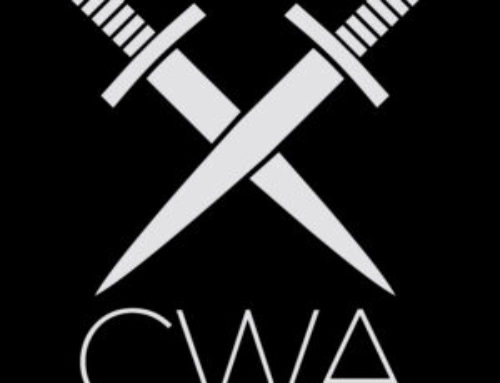
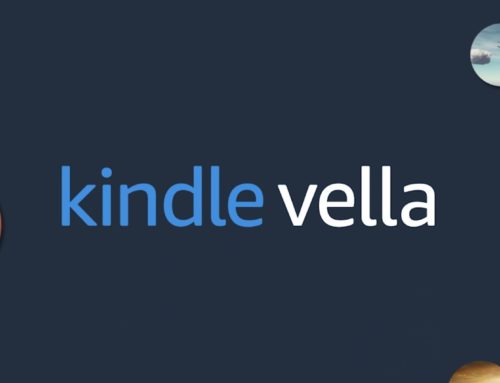
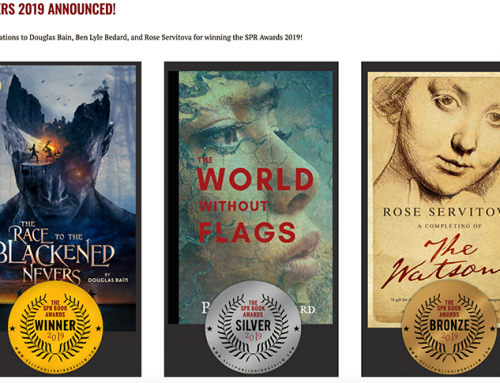
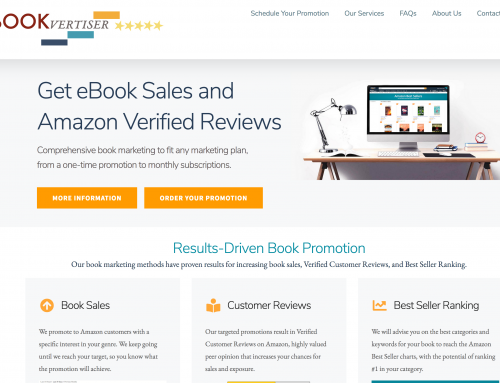
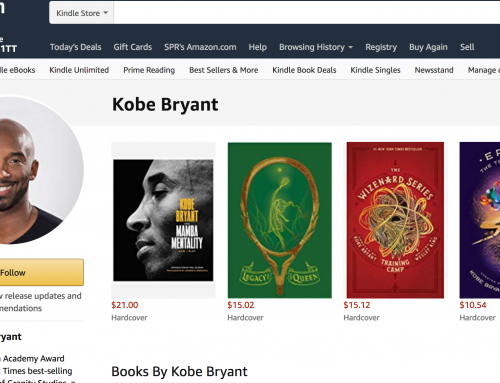
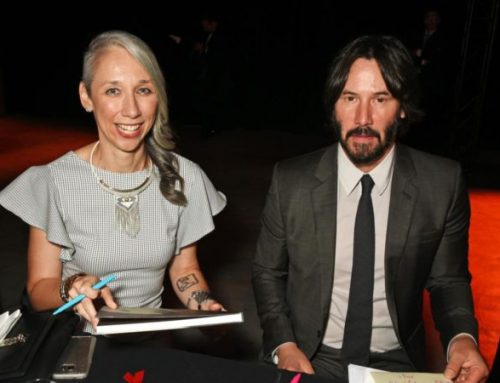
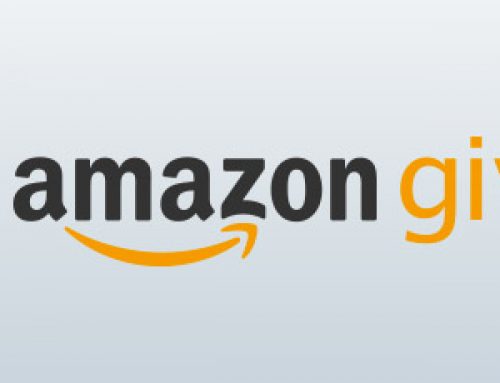

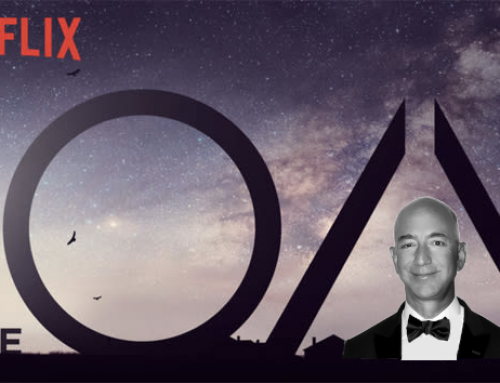
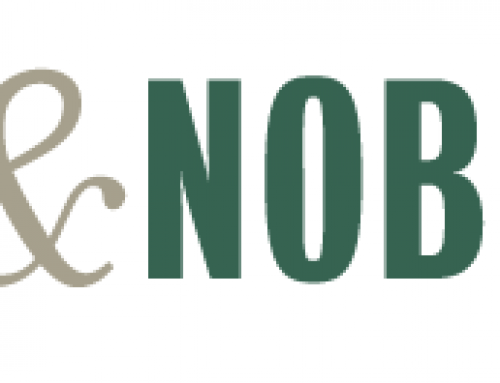
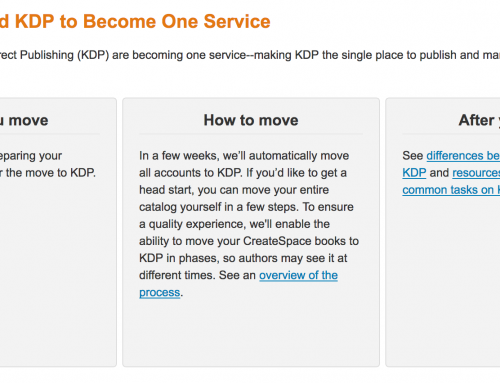

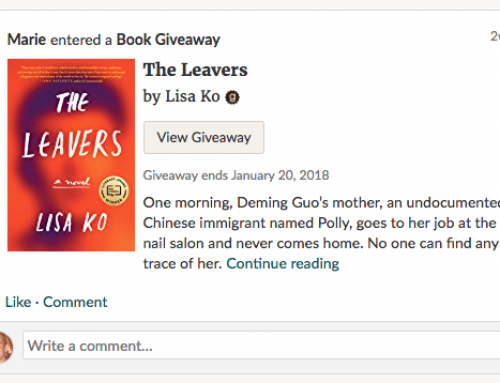
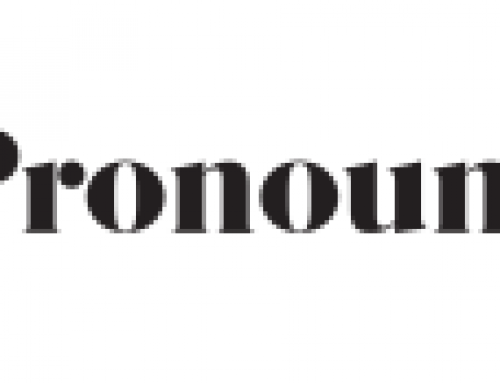
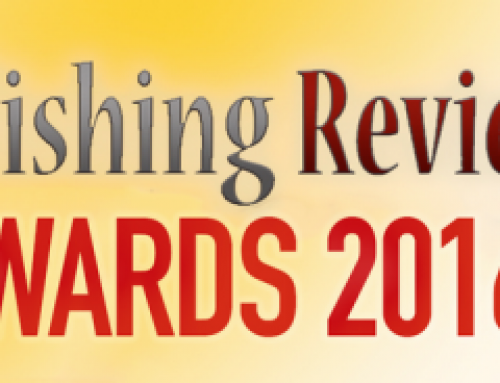
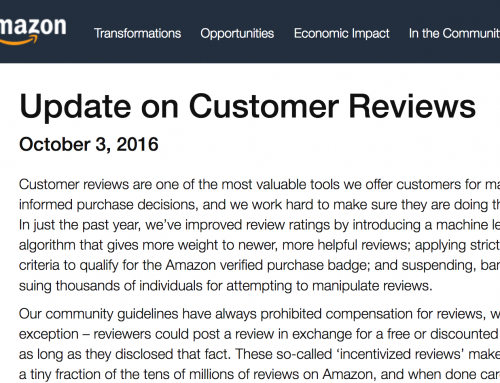
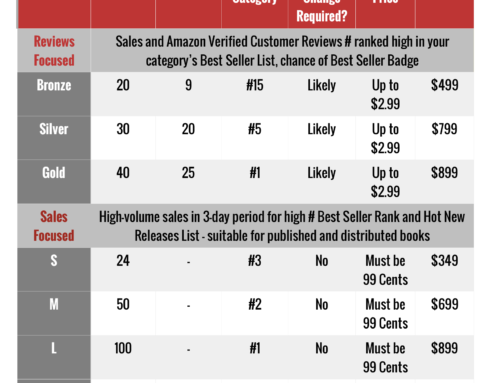
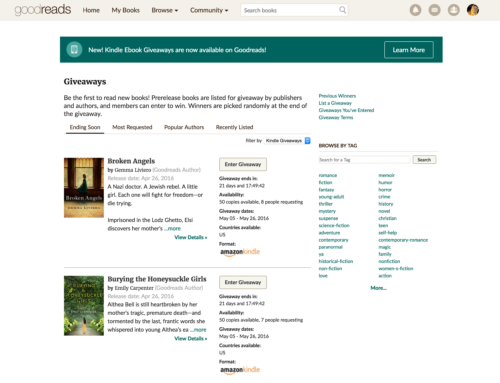
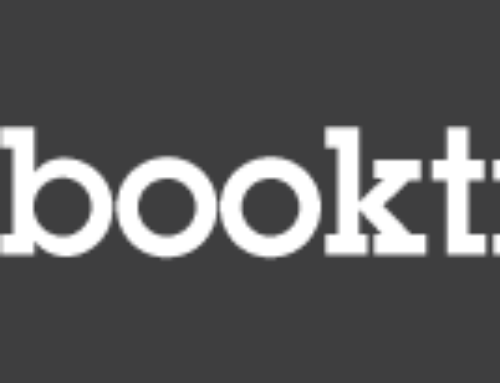
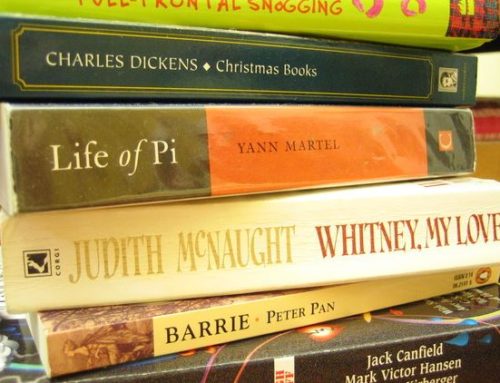
Thank you, Henry. I read the news reports but couldn’t determine whether Rowling was self-publishing or not. But why shouldn’t she independently publish her books from now on? Every word in them will be her own (with the help, of course, of the best editors on the planet).
I never understood why, when Tom Clancy was in his heyday, he and others like him never jumped into publishing under their own imprints. The economics of top-selling authors bowing time and again to traditional publishing bullshit never made sense to me. If =I= could move up to a much better income publishing my own stuff on my own in the late ’80s and onward, imagine how the Tom Clancys of the world would have made out, even before POD and ebooks.
I can see why a penniless, unknown Rowling did what she did to get Harry Potter in print. Bravo! And I’m thrilled she’s setting the example she’s setting with her ebook editions. I do hope she self-publishers her new print stuff. =That= would set a terrific example.
Better to hear this. It gingers me so much. I am a new writer or would I say I am just a movie or amateur, trying to make my way out into the world of books and success. I would have been wondering why JK Rowling never did the self-publishing and so on. But it could also be the issue of timing, late then. Well, nice.
Just imagine the number of times rejected and rejected again again and again. Why? Meanwhile, that read (HarryPotter) is so much of the bests. So I do ponder again and again over this; something the readers, the world needed to read but perhaps because it hadn’t met the requirement of these publishing houses, she faced rejection again and again up to twelve times. Eii, this world!
So now, could we say what the publishing houses consider as the requirement is never matching readers’ interests? Of course, if not why would she be rejected for that long when we readers love to read?
So I say, just kind advice, publishers could carry out some sorts of the survey to know readers interest as time goes on. Because our interests change with time. It could help them.